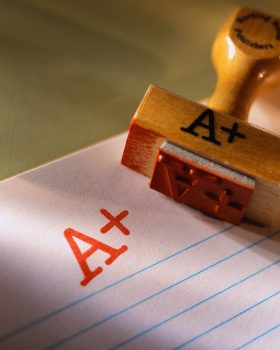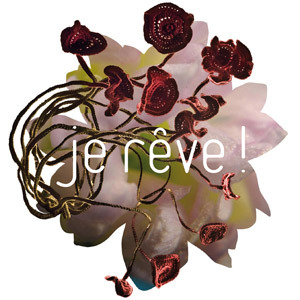Archive for 'Grammar'
How to use the verb “y avoir” (there to be) Posted by Adir on Jun 10, 2012
The verb y avoir means “there to be”, but in French it has only one form in the present: il y a. Let’s check out some examples: Dans mon salon, il y a un canapé en tissu. In my living room, there’s a fabric sofa. Dans ma cousine, il y a une cuisinière à gaz…
Indicative or subjunctive? Posted by Adir on May 25, 2012
Last Friday we took a look at how some irregular verbs are conjugated in the Present Subjunctive in French. It is not always easy to know when to use verbs in the Indicative or Subjunctive mode in French so I gathered some key expressions to help you when to use the indicative or subjunctive in…
Le subjonctif présent – irregular verbs Posted by Adir on May 18, 2012
Salut! Comment ça va? The subjunctive is a pretty hard verb tense for English speakers who are learning French so today we are going to review the regular verb form and also some irregular verbs. On commence? The subjonctif présent is formed with the root of the third person plural of the verb in the…
Basic French: Les Aventures of Monsieur Guy Posted by Adir on Apr 27, 2012
Salut! Comment ça va? The Imagiers channel on Youtube has a very cool series of basic French videos called Les Aventures de Monsieur Guy. They are short videos (3-4 min) in basic French about Mr. Guy’s adventures. Check out the first two videos with the script and translation then click on the link to watch…
French in Canada Posted by Sean Young on Apr 25, 2012
Canadian French refers to the language as spoken in Canada and is the mother tongue of nearly seven million Canadians (roughly 22% of the national population). The dialects of French spoken in Canada are Quebec, Acadian, Métis, Newfoundland and Brayon dialects. You will also find Canadian French spoken in parts of New England in the…
“J’ai un Rêve” (I Have a Dream) . . . that We Can Conjugate the Verb Rêver Posted by Hichem on Mar 26, 2012
However you wish to say it in French: rêver, rêvasser, songer, fantasmer, etc., it all basically means one thing: “to dream“; whereas expressions like être dans la lune (to be on the moon), être dans les nuages (to be on the clouds), actually mean “to daydream“—as I hear some students around here tend to do in the middle of their French class! Tsk-tsk 🙂 The verb rêver belongs to le…
The Right French Spelling is *Ça va*—Not “Sa va”! Posted by Hichem on Feb 17, 2012
Hey! Salut les amis! Ça va bien…? Tell me, what is the difference in French between “ça“, “çà“, and “sa“? Today’s post will talk about that avec les détails: Whether or not you’ve been fully diagnosed with a desperately incurable case of “coulrophobie” (that -please, try not to laugh- is the serious medical term that describes…






